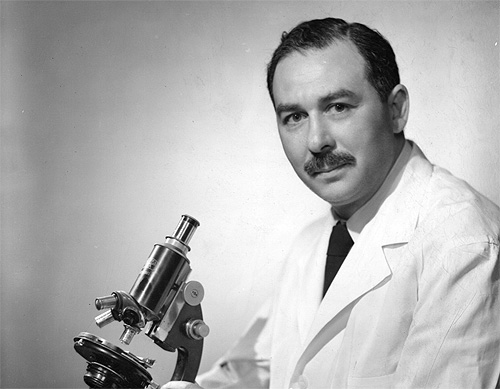This Veteran’s Day, Dana-Farber thanks our patients, survivors, families, and friends who have served or are serving in the armed forces, including survivors Stacey Carroll, Ben Groen, and Tim Crowley, who tells his story below.
In June 2010, I was diagnosed with acute myeloid leukemia (AML), a fast-moving disease where too many immature white blood cells are present in the blood and bone marrow, after doctors found abnormalities in routine blood work for the Marines. My wife, Julie, and I were in shock. We had just celebrated Father’s Day with our two young children, Jack and Kate, and now we would be spending the foreseeable future at Dana-Farber/Brigham and Women’s Cancer Center.
Read more

